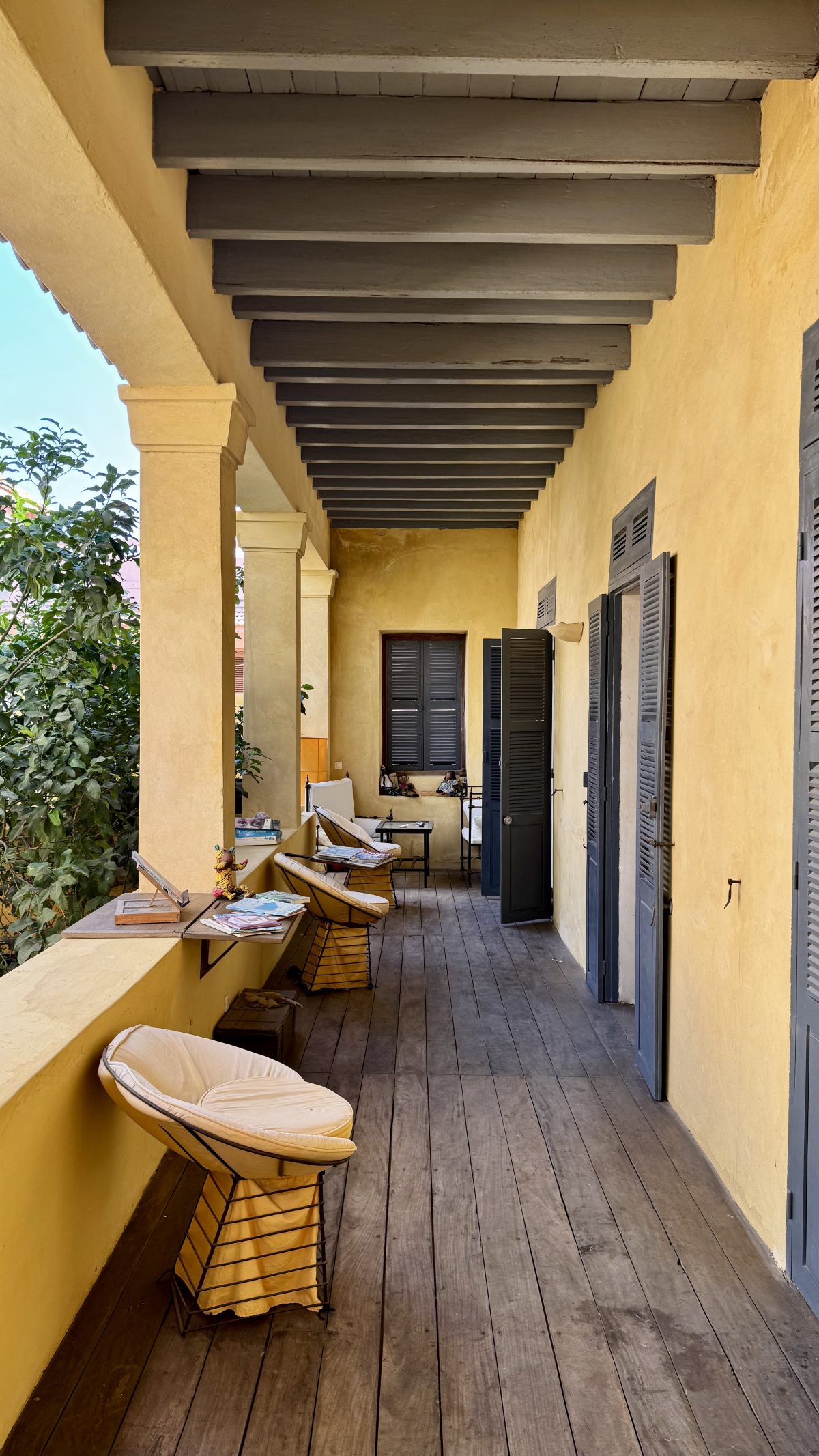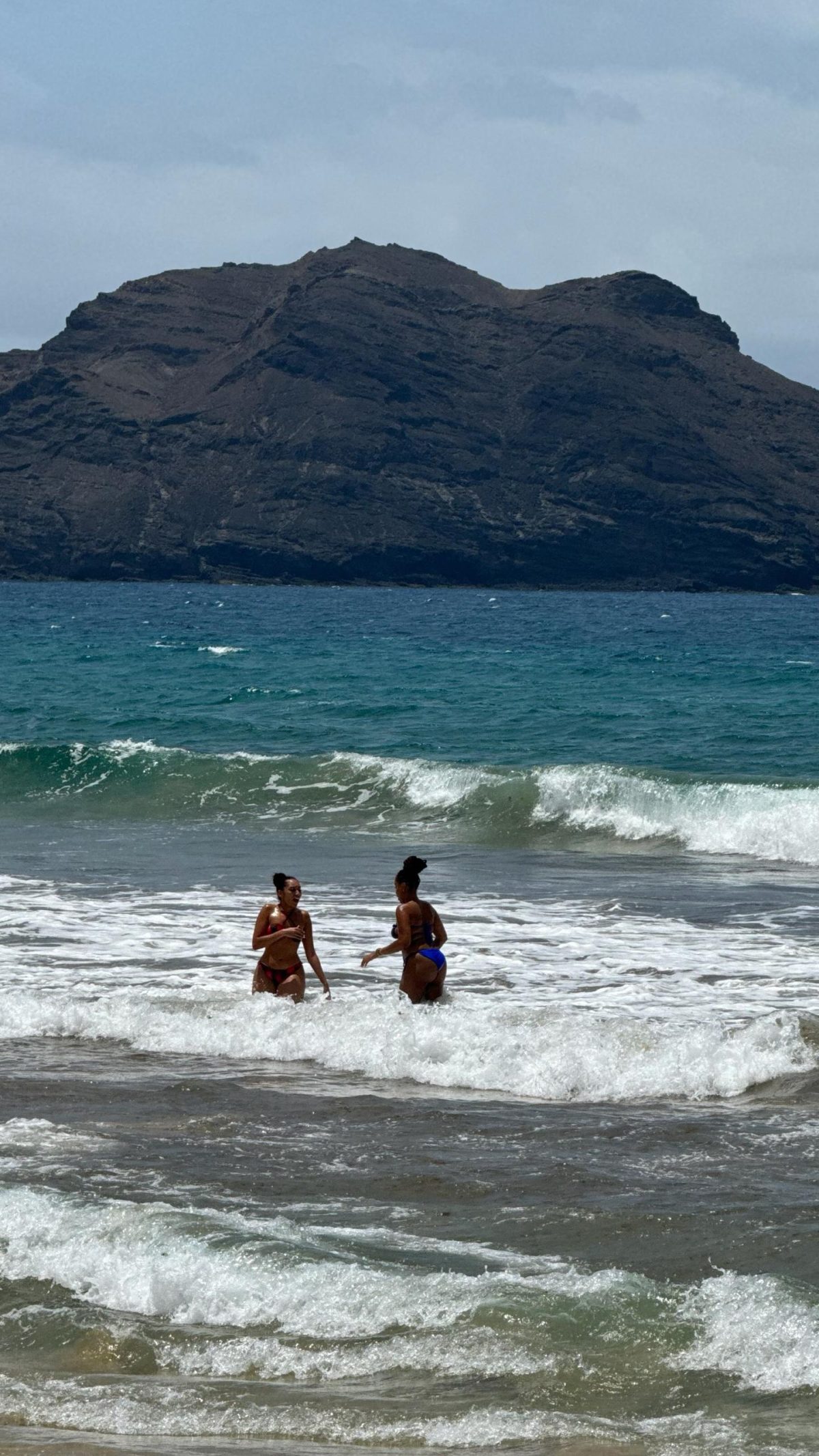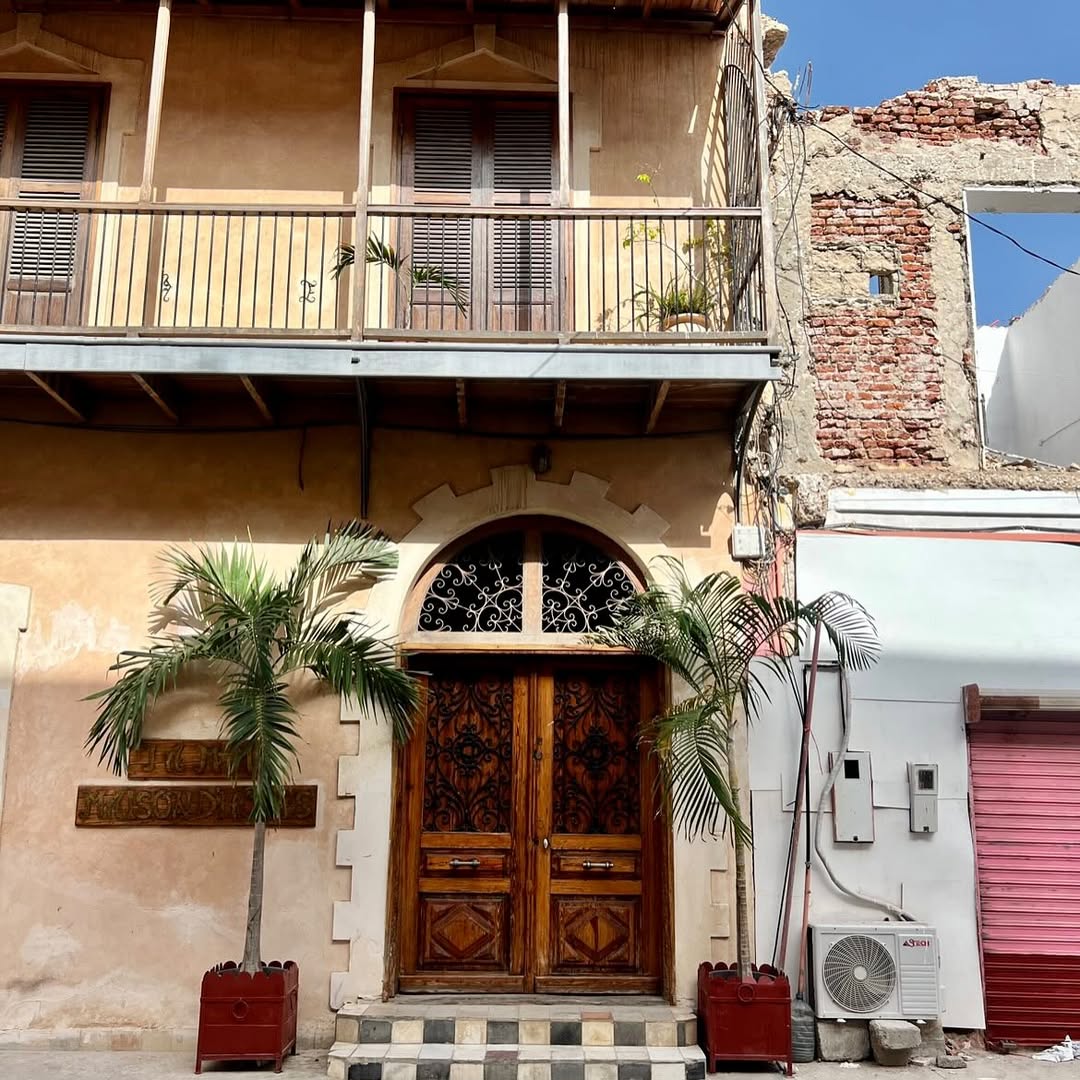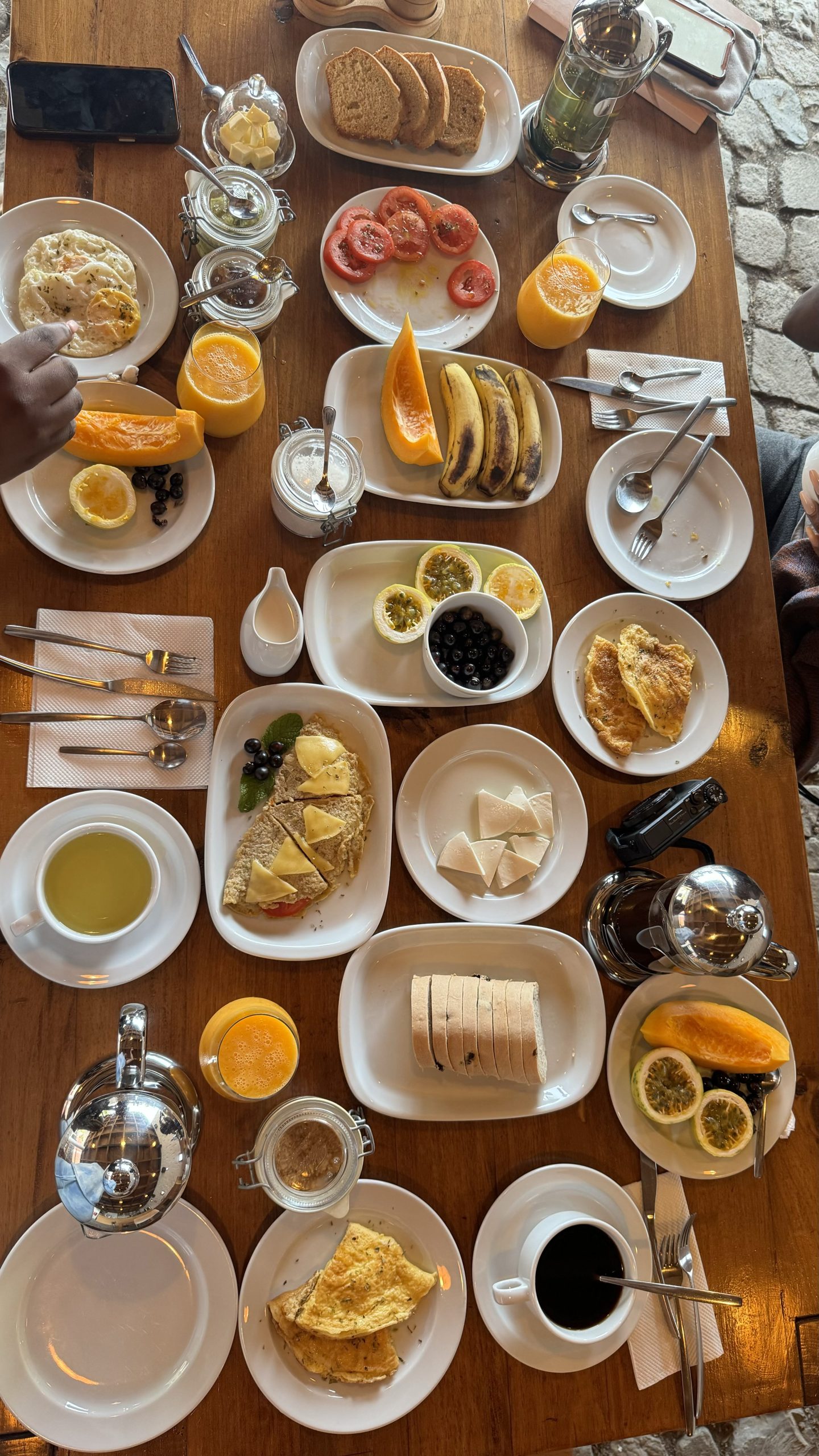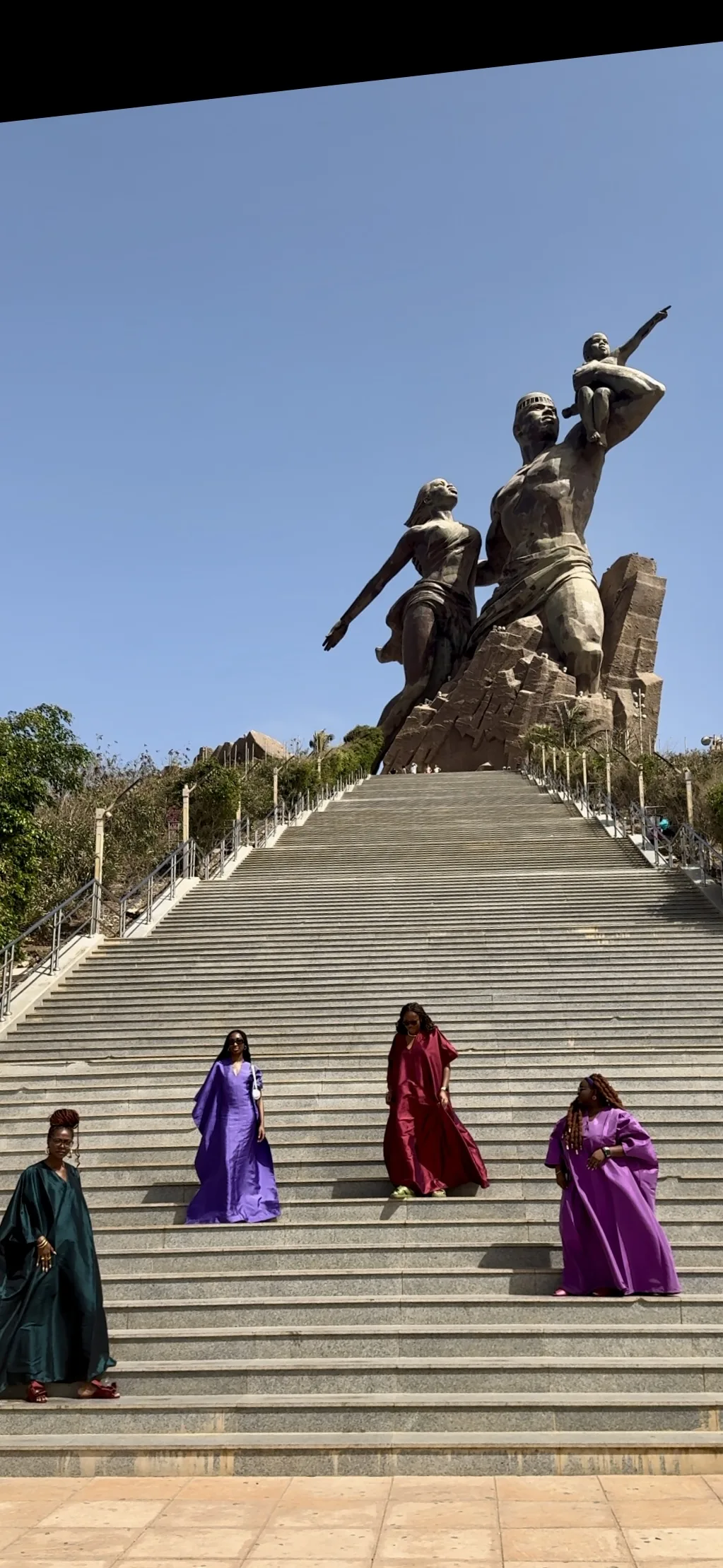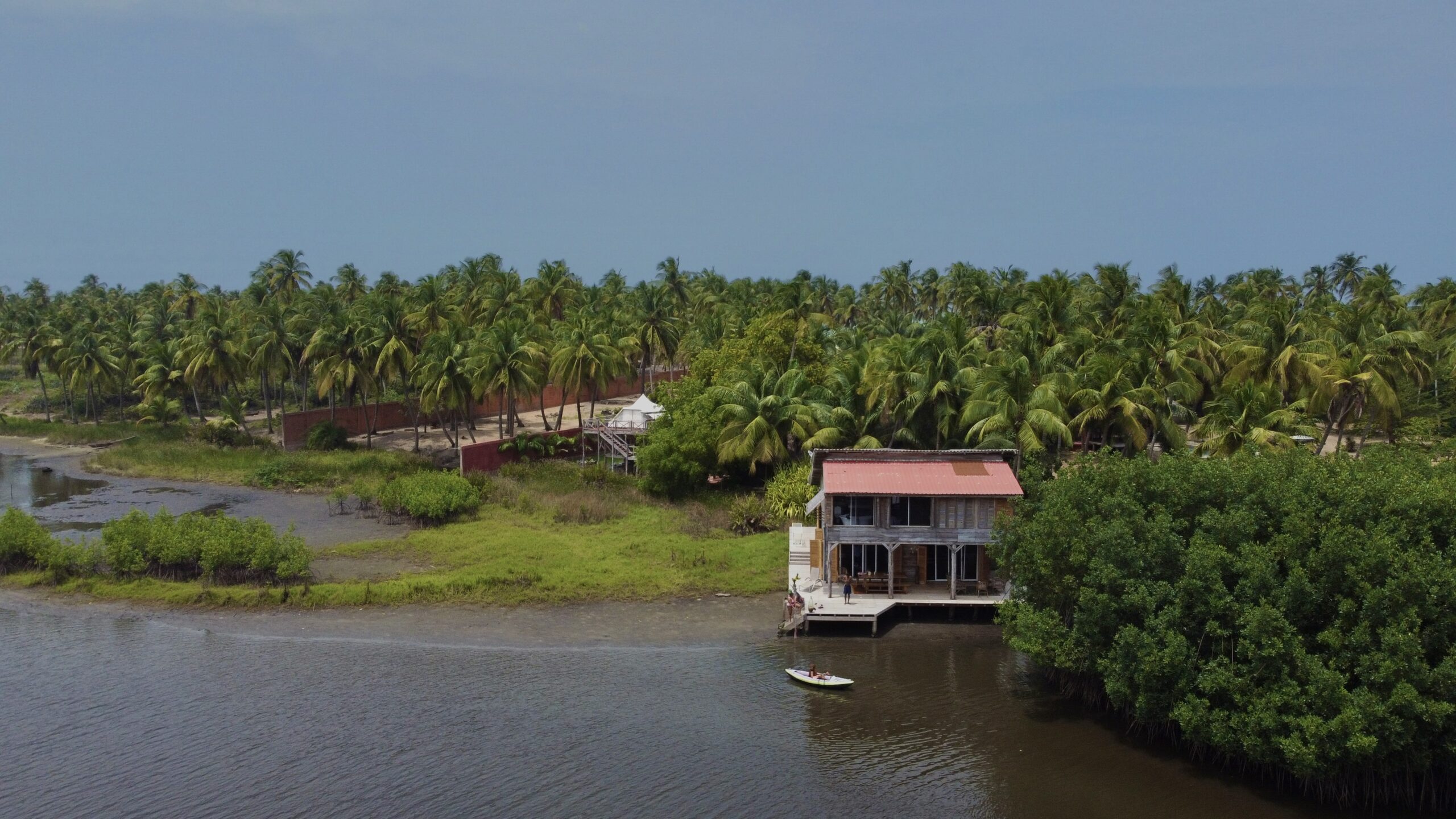Your cart is currently empty!
Tag: West Africa
Au Fil Du Fleuve: A Boutique Experience In St Louis, Senegal
There are places you visit, and the experience stays with you long after you’ve left. Au Fil Du Fleuve (which means “along the river” in French) in Saint-Louis, Senegal, was one of those.
Cape Verde vs Tanzania: Which Should You Visit?
One of the most common questions I get from people is, “Which should I visit, Cape Verde vs Tanzania? Can you help me decide?” And I totally understand. Both countries are breathtaking, but outside of the beautiful beaches, people don’t really know what else they offer.
Best Things to Do in St. Louis Senegal – A Complete Travel Guide
St. Louis, Senegal, is a city that whispers stories of the past through its colonial architecture, colorful fishing boats, and rhythmic beats of local music. Once the capital of French West Africa, this UNESCO-listed island city feels like stepping back a decade in time.
The Ultimate Senegal Travel Guide: Explore Like a Pro
I’ve smelled the best incense of my life and tasted the flakiest, most delicious croissants in Senegal—but that’s not the best part of this Francophone gem.
‘Yaangi noos’: Senegal for Expats & Digital Nomads
Senegal is an exciting French country full of diverse experiences to discover for expats and digital nomads.
A Guide To Benin Republic, The City Of Bronze.
Benin Republic is a budget-friendly destination with beautiful beaches, delicious food, and a rich cultural experience. Get started here for the ultimate experience.
